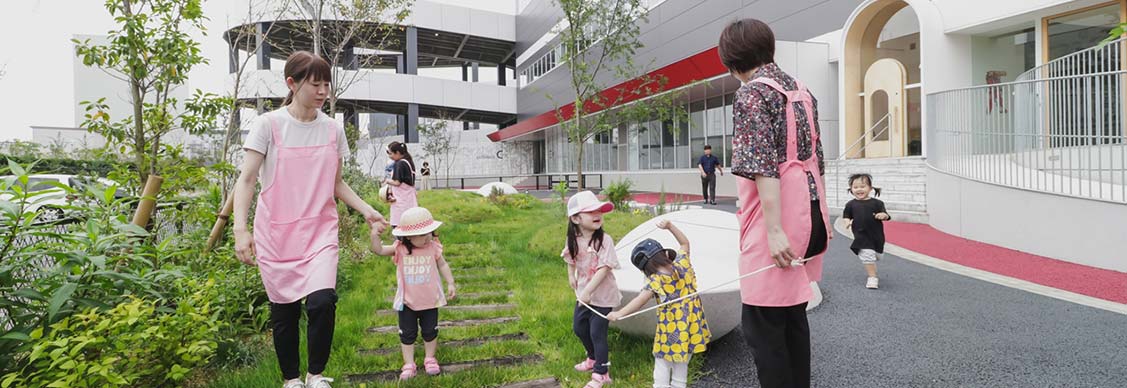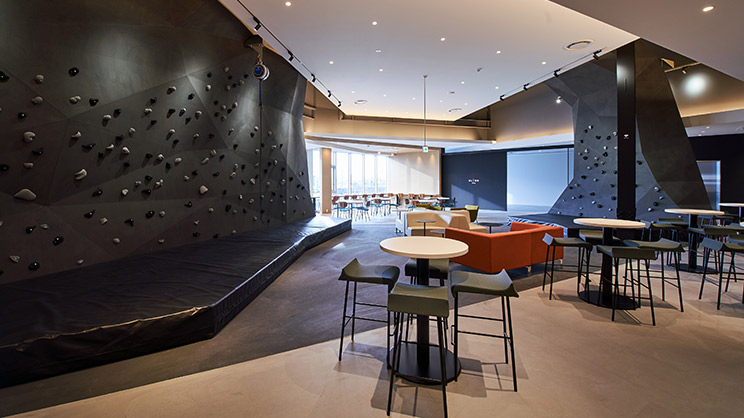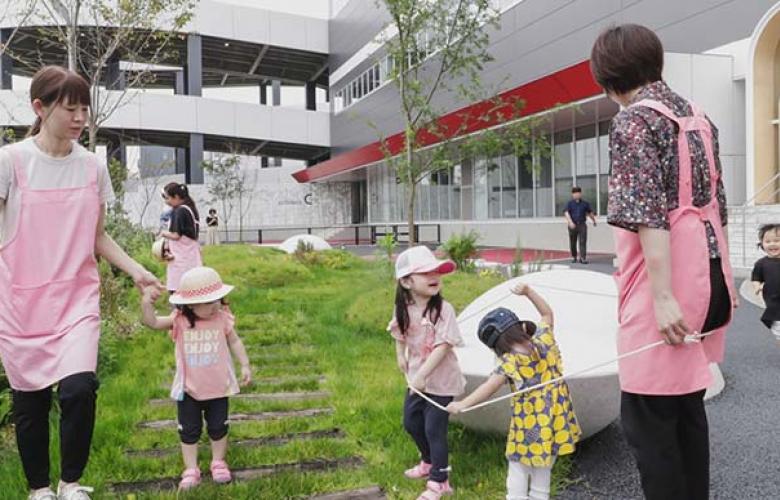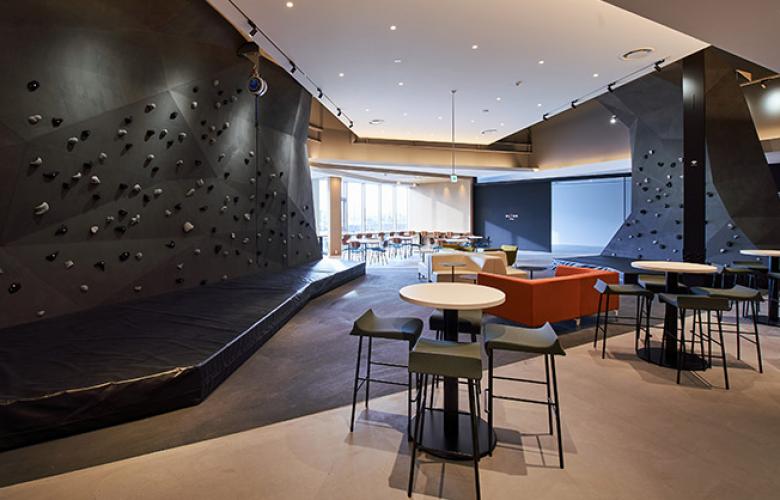JLL Podcast: How warehouses took on sustainable, employee-centric design
Contact
JLL Podcast: How warehouses took on sustainable, employee-centric design
In a recent episode of the "Trends & Insights: The Future of Commercial Real Estate" podcast, industry experts Michael Ignatiadis, JLL Head of Supply Chain & Logistics Solutions, Asia Pacific, and Mirpuri at ESR Group explore the impact of ESG and employee-centric design on warehouse innovation.
In certain countries like Japan and Singapore, warehouses are no longer confined to being purely functional spaces. Instead, they are incorporating sustainability initiatives that prioritize their workers’ well-being.
On the outskirts of Ichikawa, Japan, a groundbreaking logistics facility is providing us with a glimpse into the future of warehouses, where the principles of ESG (Environmental, Social, and Governance) are seamlessly woven into every aspect of its design. From pioneering carbon neutrality initiatives to incorporating wellness facilities complete with rock climbing walls, this facility is redefining the concept of a modern workplace.
“Right from the design element, you actually think about how to design these spaces as human-centric,” says Jai Mirpuri from ESR Group.
This isn’t just happening in the Asia Pacific region, although the pace of change there could be seen as moving the quickest. There is a growing interest in these concepts worldwide.
In a recent episode of the "Trends & Insights: The Future of Commercial Real Estate" podcast, industry experts Michael Ignatiadis, JLL Head of Supply Chain & Logistics Solutions, Asia Pacific, and Jai Mirpuri at ESR Group explore the impact of ESG and employee-centric design on warehouse innovation.

The guests delved into future technologies. Ignatiadis notes the potential impact of artificial intelligence (AI) on forecasting and scheduling, which can optimize supply chain efficiency. Both experts flagged the adoption of electric vehicles in the logistics fleets, and the need for reliable charging infrastructure in warehouses. It’s here that advanced battery technology and an improved charging infrastructure could boost the number of electric vehicles on the roads, significantly transforming the industry.
To be sure, there are challenges, especially when it comes to striking a balance between the cost of implementing these features and tenants' willingness to pay for them. However, with ongoing innovation and holistic collaboration among stakeholders, the future of warehousing holds promising opportunities.
“As the industry focuses on sustainability, employee well-being, and emerging technologies, warehouses are poised to redefine the concept of functional spaces and become hubs of innovation and environmental stewardship,” Ignatiadis says.

The Ichikawa, Japan Logistics facility
Click here to Liston to JLL Podcast: How warehouses took on sustainable, employee-centric design









